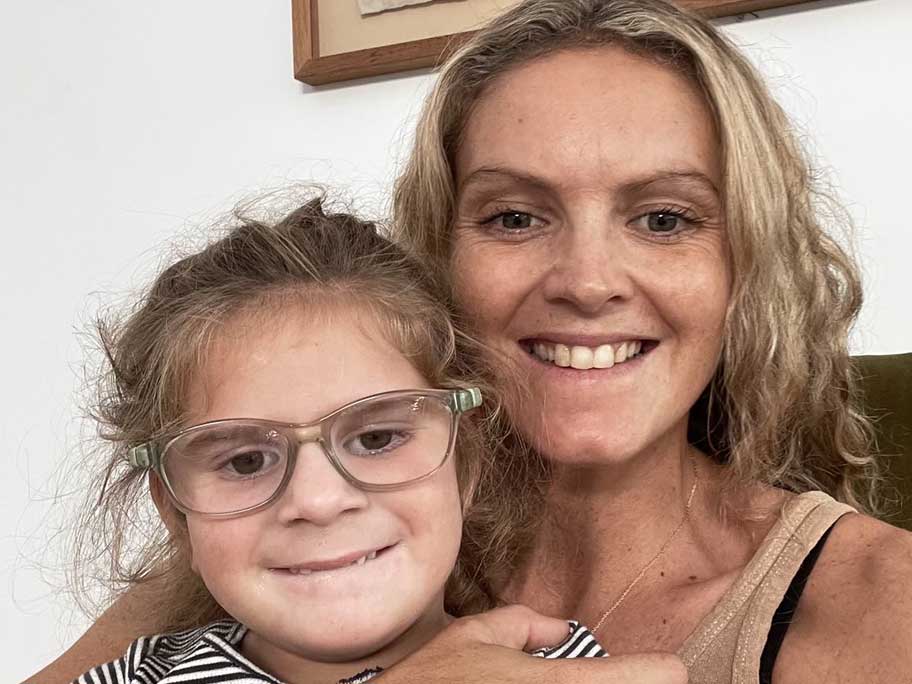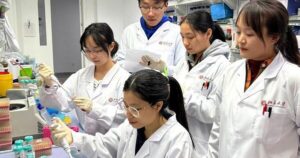
In a groundbreaking study published by the New England Journal of Medicine, researchers have reported that eight children born through ‘three-parent IVF’ show no signs of inherited mitochondrial disease in early childhood. This revelation is poised to set the stage for Australia’s next clinical trial of mitochondrial donation, according to Mark Butler, Australia’s Minister for Health and Ageing.
The study’s findings offer a beacon of hope for the estimated 120,000 Australians who carry mitochondrial DNA (mtDNA) pathogenic variants. These variants, inherited exclusively from the mother, pose a significant risk of severe and often fatal conditions for their offspring. The innovative ‘three-parent IVF’ technique could potentially alter the landscape of reproductive medicine by providing a viable solution for families affected by these genetic disorders.
Understanding ‘Three-Parent IVF’
The ‘three-parent IVF’ technique involves using mitochondrial donation to prevent the transmission of mtDNA diseases. This process includes combining the nuclear DNA from the intended parents with healthy mitochondrial DNA from a donor egg. The result is an embryo with genetic material from three individuals: the mother, the father, and a mitochondrial donor.
While IVF pre-implantation genetic testing can mitigate the risk of severe mtDNA-related diseases, it offers limited help for women whose eggs contain high levels of faulty mtDNA. These conditions manifest either as heteroplasmy, where faulty mtDNA is mixed with healthy DNA, or homoplasmy, where all mtDNA is defective. The ‘three-parent IVF’ method addresses these issues by replacing the defective mitochondrial DNA with healthy donor DNA.
Implications for Australian Healthcare
The announcement of this study comes as Australia prepares to lead the next wave of clinical trials in mitochondrial donation. Mark Butler emphasized the significance of this development, stating that it could transform the lives of many families plagued by mitochondrial disorders.
According to Butler, “This research not only highlights the potential of mitochondrial donation but also places Australia at the forefront of pioneering reproductive health advancements.” The upcoming trials are expected to provide further insights into the long-term efficacy and safety of the technique.
Expert Opinions and Global Context
Experts in the field of genetics and reproductive medicine have lauded the study’s findings. Dr. Sarah Johnson, a leading geneticist, commented, “The success of these early trials is a testament to the potential of genetic interventions in eradicating hereditary diseases. It also underscores the importance of continued research and development in this area.”
Globally, the concept of ‘three-parent IVF’ has sparked both scientific interest and ethical debate. While the United Kingdom was the first to approve the procedure in 2015, other countries have been cautious in adopting the technique due to ethical concerns surrounding genetic modification and the implications of introducing a third genetic contributor.
Looking Ahead: The Future of Reproductive Medicine
The move towards clinical trials in Australia represents a significant step forward in the fight against mitochondrial diseases. As the scientific community continues to explore the possibilities of genetic interventions, the potential for broader applications of mitochondrial donation remains promising.
Meanwhile, the success of the ‘three-parent IVF’ technique could pave the way for further innovations in reproductive health, offering hope to families worldwide who face the challenges of hereditary diseases. As research progresses, the implications of these advancements will likely extend beyond mitochondrial disorders, opening new avenues for addressing a range of genetic conditions.
As Australia gears up for its clinical trials, the world will be watching closely to see how this pioneering approach unfolds and what it means for the future of genetic medicine.





